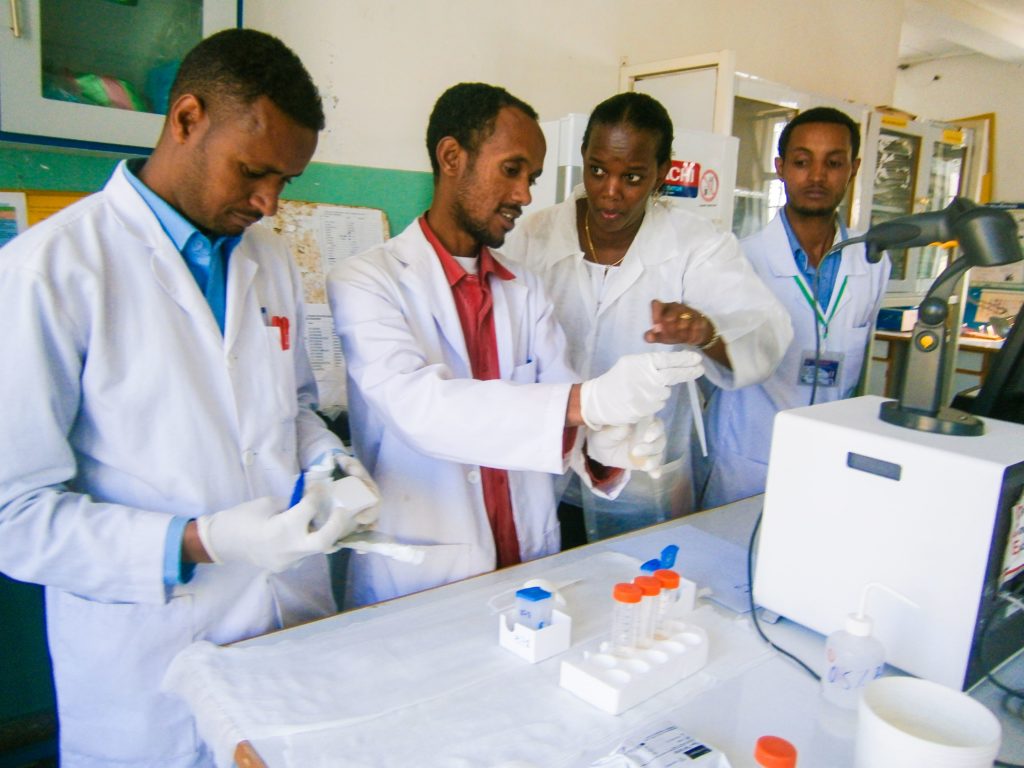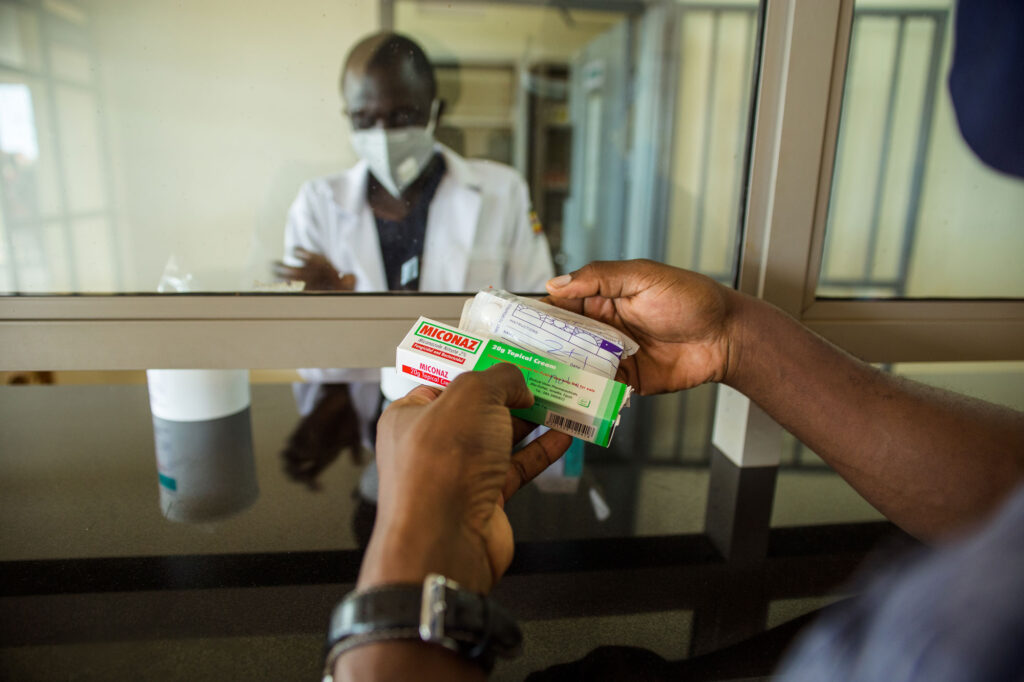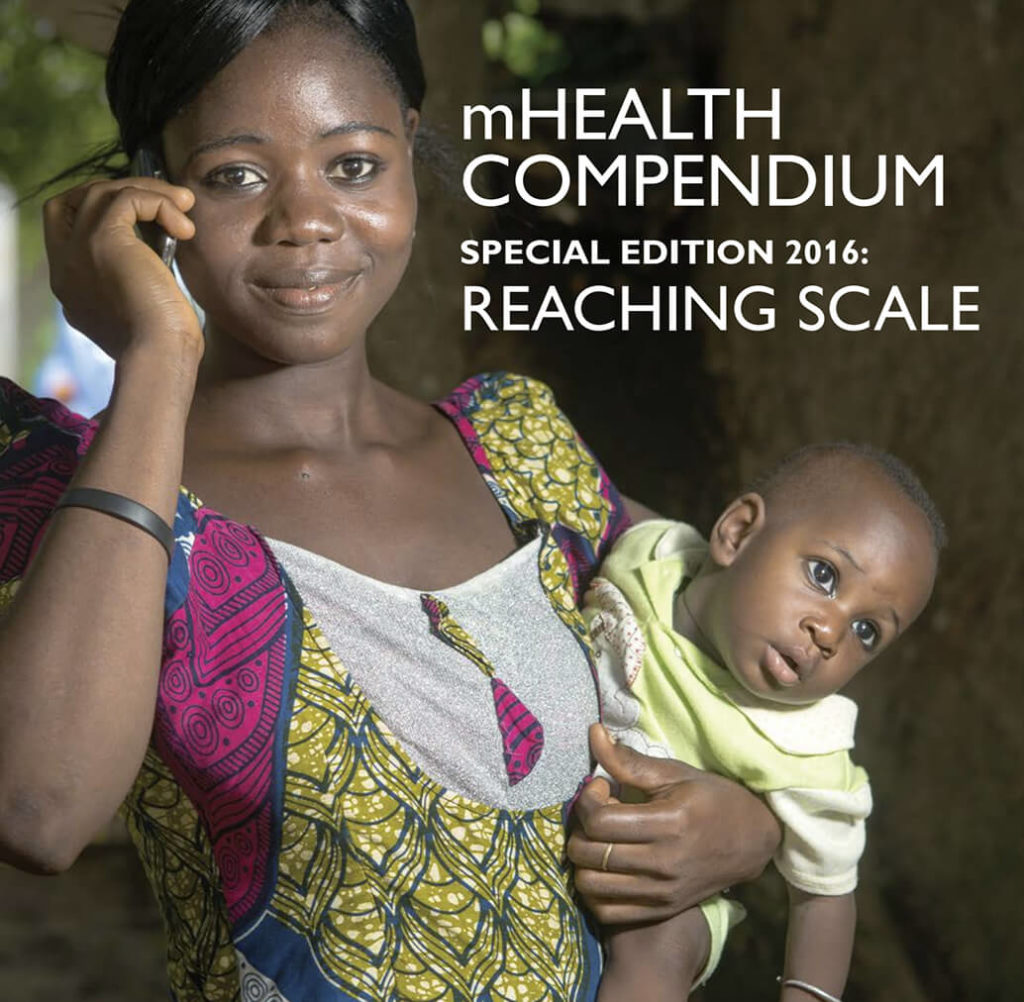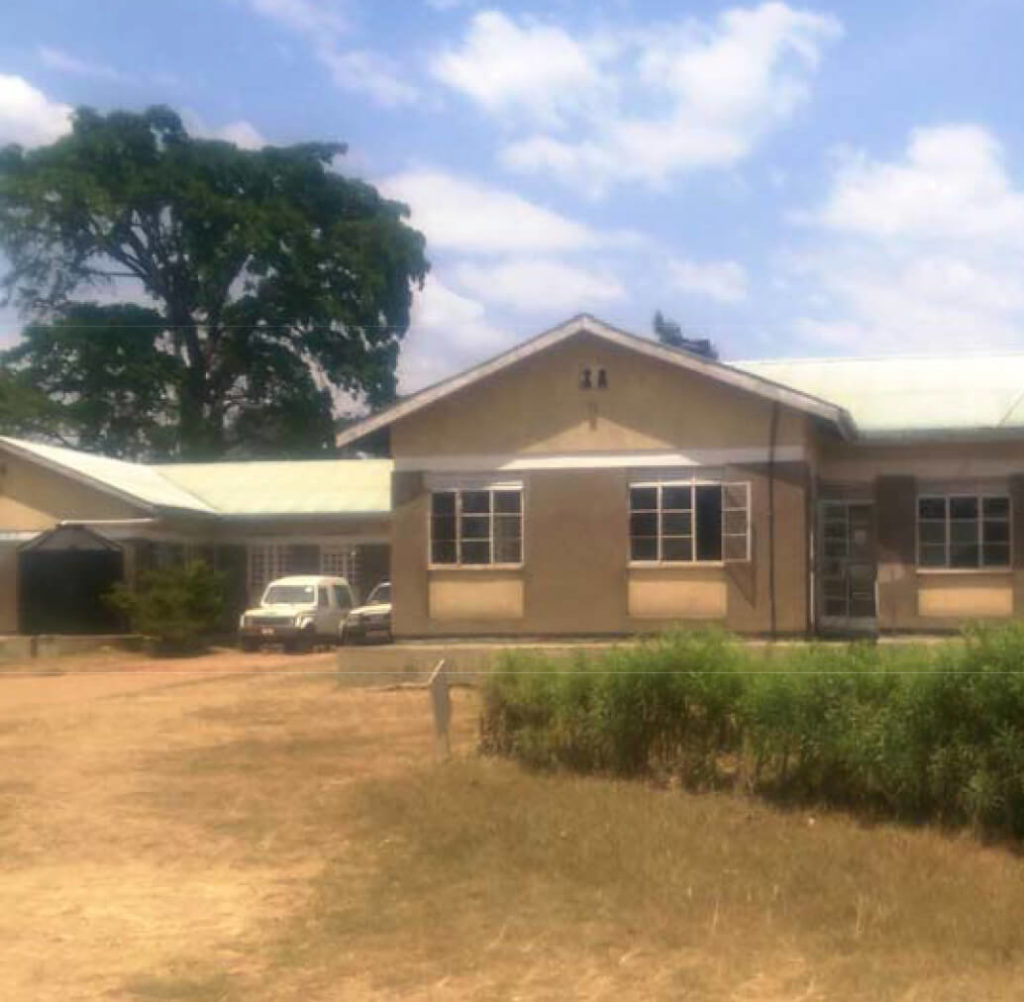Resources
Resources
In partnership with countries around the world, we have developed hundreds of resources to help strengthen the foundations of health systems. Please search our Resources to learn more about our publications, research, programmatic approaches, tools, and learnings.


Strengthening Supply Chain and Pharmaceutical Systems for Sustained Health Impact
For more than three decades, Management Sciences for Health (MSH) has partnered with countries to build high-performing supply chains that ensure reliable access to safe, effective, quality-assured medicines and people-centered pharmaceutical services. MSH takes a holistic approach that fosters country-led innovation, whole-of-society engagement and collaboration, private-sector engagement, and effective leadership and governance. This ensures both reliable, affordable access to and sustainable delivery of medical products when and where they are needed and their appropriate use to save lives and improve health.
Topical
PHC Costing, Analysis, and Planning (PHC-CAP) Tool
Overview The PHC Costing, Analysis, and Planning (PHC-CAP) Tool helps program planners and decision makers increase coverage and improve the quality o…
Assessment of the Impact of Good Pharmacy Practices Training among Drug Dispensers in Bangladesh
Accelerating the End of TB: Field Research from Management Sciences for Health—2008-2022
Use Of Technology In The Ebola Response In West Africa
The 2014 Ebola epidemic in West Africa is the largest in history. This brief summarizes information and communication technologies that have been used…
Strengthening Guidelines for Childhood Tuberculosis to Accelerate Diagnosis and Treatment
To better understand whether childhood TB guidelines can inform the roles and responsibilities of maternal and child health providers and to identify …
Demand-Side Determinants to Integrated Community Case Management Care-Seeking
Many children in sub-Saharan Africa die before their fifth birthday from preventable causes, including malaria, diarrhea, and pneumonia. Integrated co…
mHealth Compendium Series Infographic
The African Strategies for Health (ASH) project has produced six volumes of the mHealth Compendium containing 167 profiles of mobile health (mHealth) …
The Policy and Practice Divide for Childhood Tuberculosis in Africa: A Landscape Analysis
The USAID-funded African Strategies for Health (ASH) project undertook this childhood TB landscape analysis, to expand and centralize available inform…
Malaria in pregnancy: Improving access and use of quality preventive treatment
Due to its link to various complications during and after pregnancy, the prevention of malaria among pregnant women is an important strategy for reduc…
mHealth Compendium, Volume Four
Mobile and wireless technologies assist health projects in accurately assessing the needs of a target population, collecting and disseminating relevan…

mHealth Compendium Special Edition 2016: Reaching Scale
Childhood Tuberculosis and Nutrition: Opportunities for Integrated Programming
An estimated 1 million children worldwide are infected with tuberculosis (TB) each year, representing about 11 percent of all TB cases. Community plat…
Strengthening IPTP Service Delivery Through Facility Initiated Supervision
Lessons From a Quality Improvement Approach in Uganda Malaria contributes significantly to maternal mortality and morbidity in Sub-Saharan Africa. Pre…

Facility Level Factors Influencing the Uptake of Intermittent Preventative Therapy for Malaria in Pregnant Women
Quality IPTp Checklist for Facility Officers in Charge
Due to its link to various complications during and after pregnancy, the prevention of malaria among pregnant women is regarded as an important strate…



















